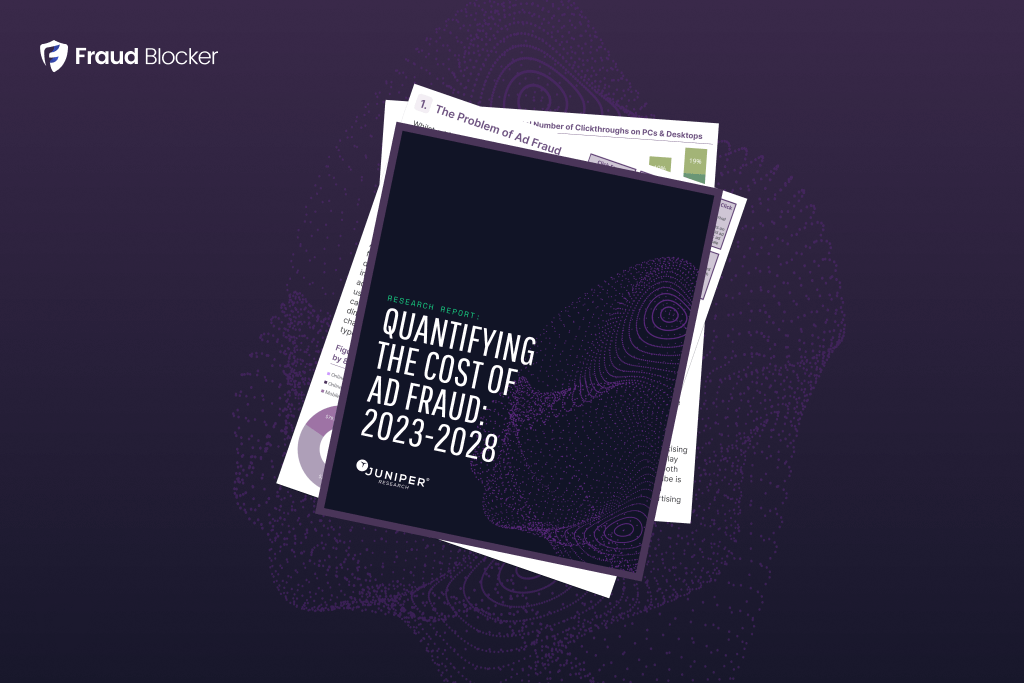
NEW New feature: Verify & block fake emails

We improve your ad performance by blocking click fraud and fake emails

Click fraud is costing advertisers billions in loses. Learn more here.

Click fraud is costing advertisers billions in loses. Learn more here.

The US Federal Reserve now projects the nation’s economy will fall into a mild recession before the end of 2023, according to the minutes of their most recent FOMC meeting in March.
It’s no secret that businesses face unique challenges during a recession. With consumer spending at an all-time low and the competition becoming more fierce, the need for an effective advertising strategy is crucial. In this guide, we’ll share five essential tips to help your business flourish during an economic downturn.
To gain a better understanding of marketers’ plans during this recession, we conducted a survey of nearly 200 advertising media buyers (see full methodology at the bottom of this article).
In our survey, 44%, of marketers responded that they were somewhat or very concerned about a slowing economy in the next 12 months. This presents an opportunity for those that position themselves ahead of time and can react more quickly when the moment arrives.
Chart 1: How concerned are advertisers about a recession?
In this question, most respondents said they would reduce their budgets a little, however, there was some slight variation among Business-to-Consumer (B2C) and Business-to-Business (B2B) marketers.
Some B2C respondents said they would increase their spend especially those that worked in consumer staple industries – such as groceries, home goods, and alcohol.
B2B marketers had a more mixed response with some stating they’d reduce their spend while others said they’d increase it significantly.
Chart 2: How marketers will adjust their ad spend during a recession.
For marketing mix, there was a diverse set of responses, but traditional media (such as TV, radio, print), SEO and affiliate marketing is where marketers responded they would reduce their budgets the most.
Conversely, they would increase their spend on social media, digital marketing, and content marketing.
Chart 3: How marketers will adjust their marketing mix.
Advertisers also use a lot of tools and software to help them analyze results and make decisions. They reported that social media and PR tools would be the ones they would be most likely to keep if their budgets were reduced in a recession.
Chart 4: Which tools will marketers use during a recession
Learn more about how advertisers are adjusting to the tariff impact.

This in-depth report was produced by independent research firm Juniper Research who analyzed over 78,000 datasets of digital ad activity.
Based on the results of our survey, here are some advertising strategies to consider to help you take advantage of an economic downturn.
As we saw in our survey results above, most advertisers are planning on reducing their budgets during a recession. Less ad spend reduces demand for inventory and can reduce the costs of advertising.
For example, if there are less businesses competing for a search term on Google Ads, then the cost-per-click (CPC) will be lower. Similarly, less demand for outdoor billboard space will reduce the costs per unit.
Survey Methodology: The Fraud Blocker survey was conducted by Pollfish and concluded on November 25, 2022. It was sent to a randomized group of PPC marketers and media buyers in the US, Canada and the UK who purchased, or managed the purchase of, digital advertising. 161 respondents completed the survey. Pollfish is a leading survey company with a pool of over 480 million mobile audience members worldwide that participate in their surveys.


